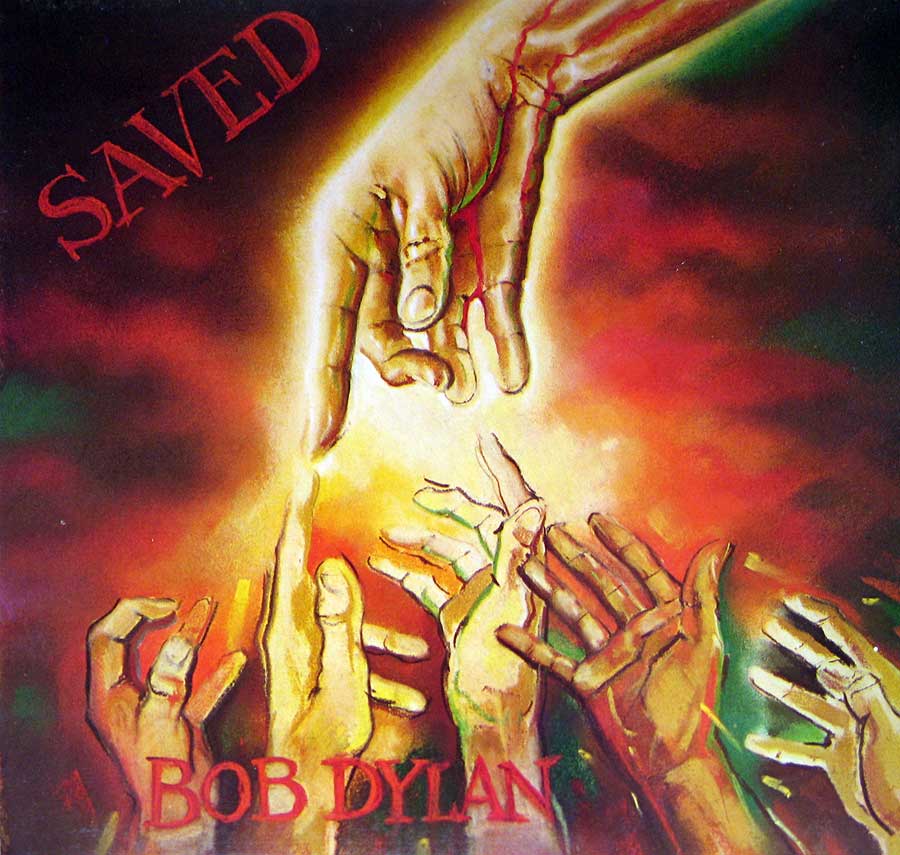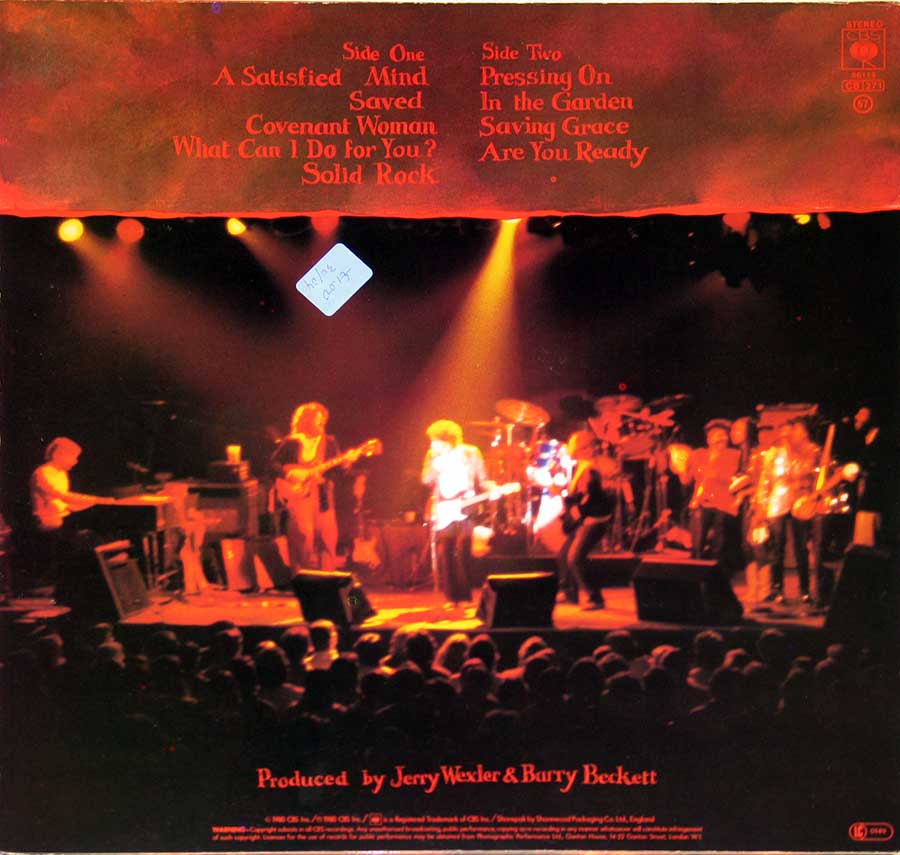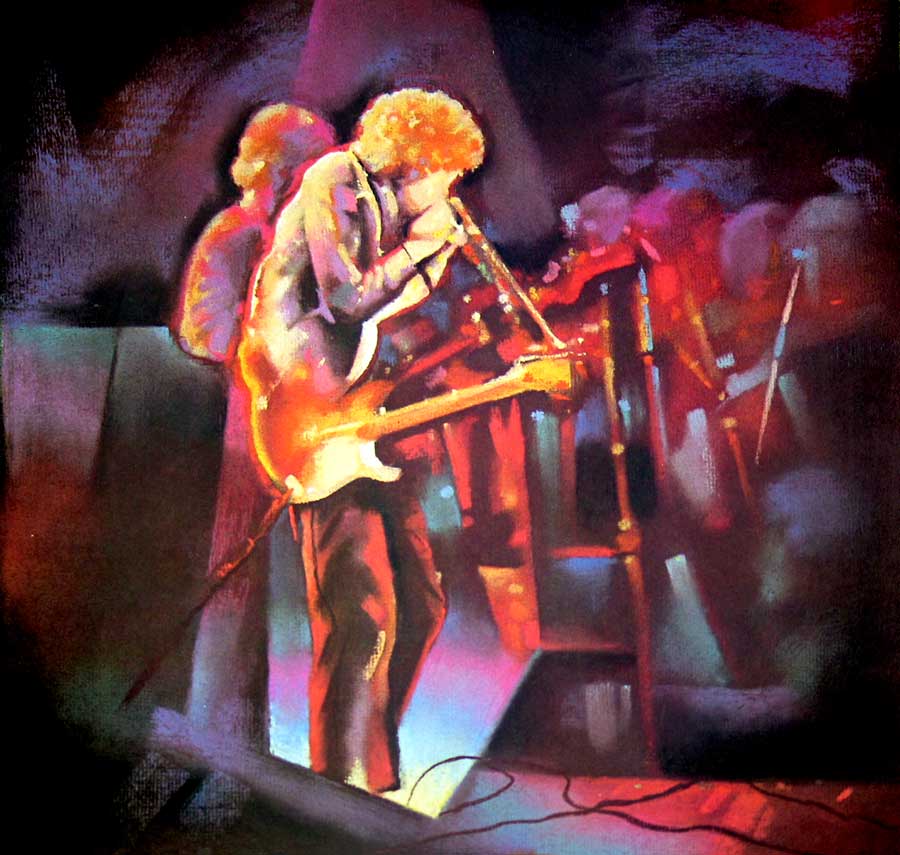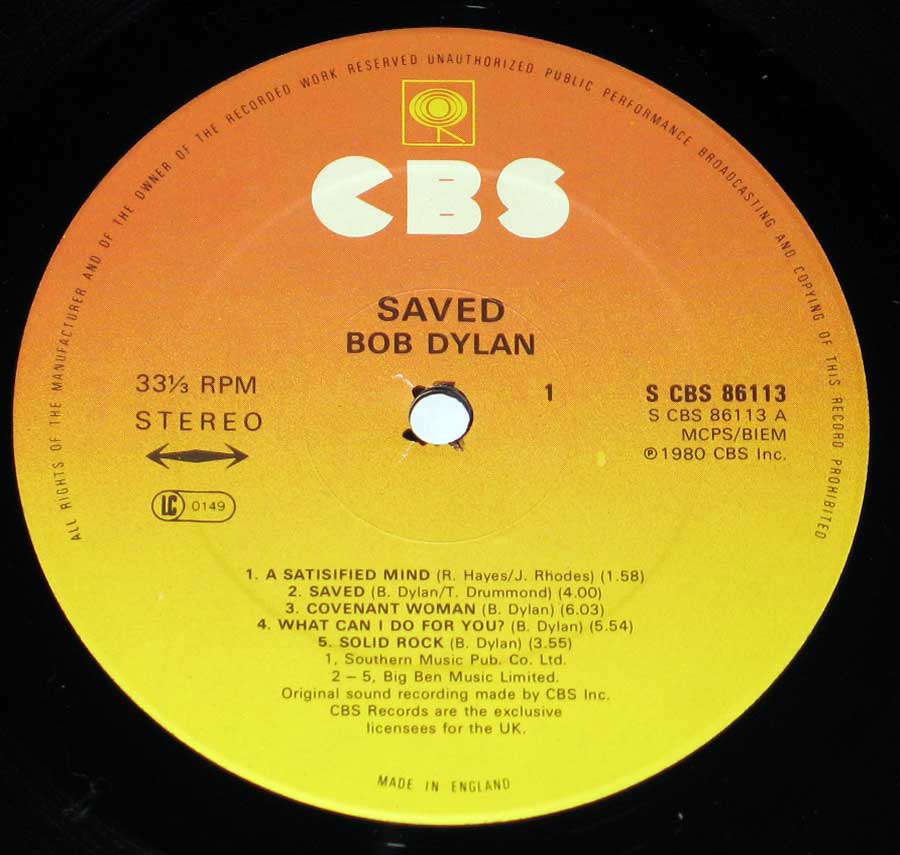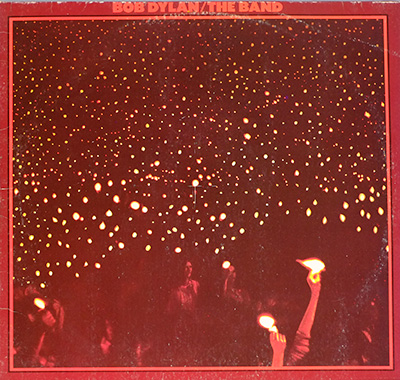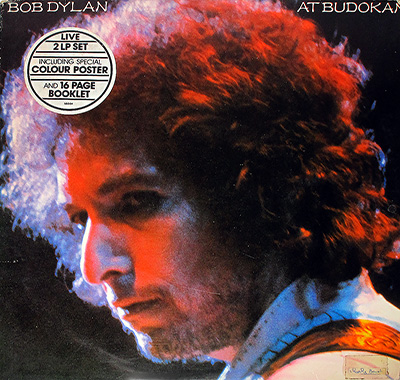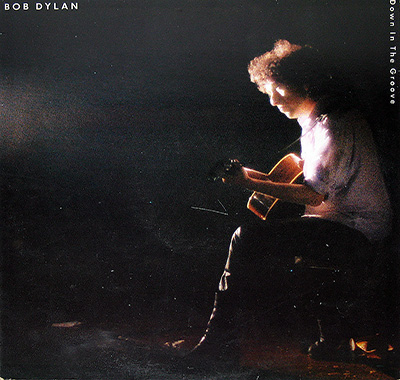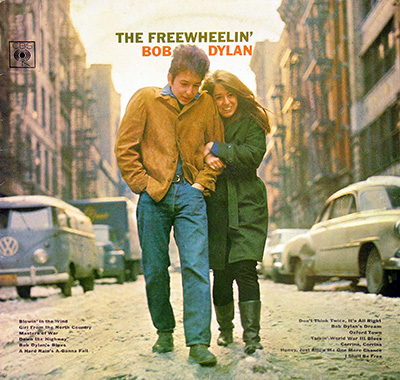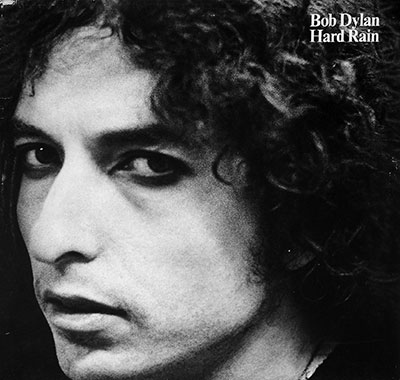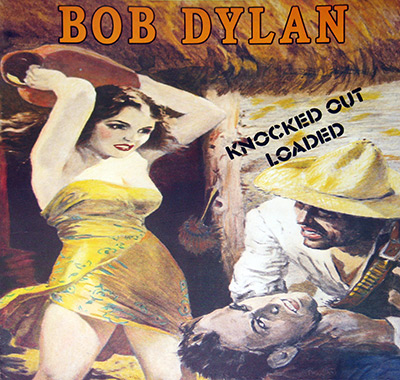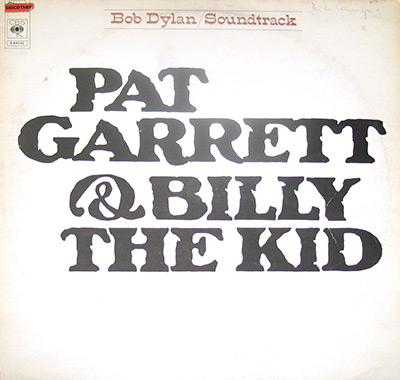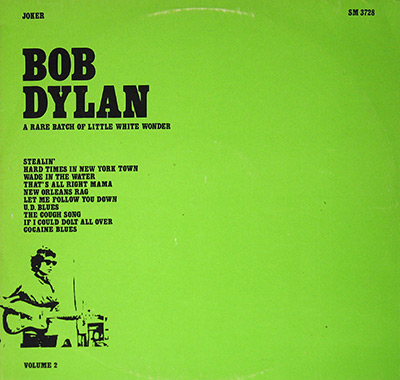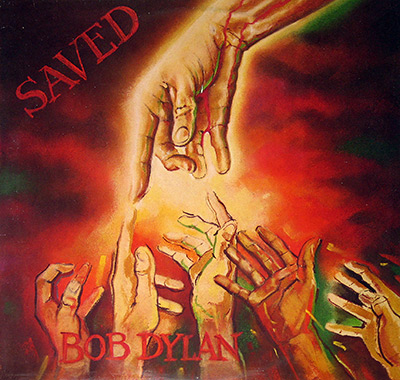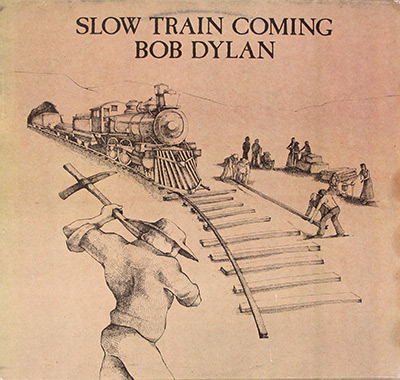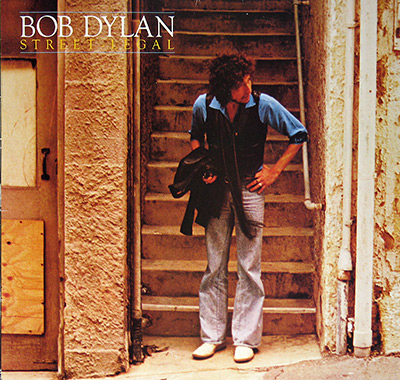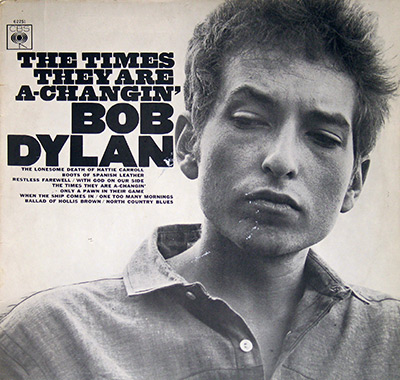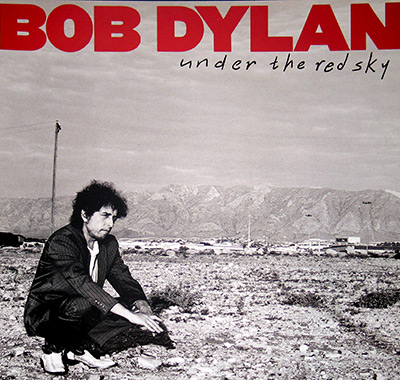Album-Description: Bob Dylan’s “Saved” — A Gospel Statement of Conviction
In 1980, Bob Dylan released “Saved”, the second installment in what has come to be known as his “Christian Trilogy,” bookended by “Slow Train Coming” (1979) and “Shot of Love” (1981). Arriving at the dawn of a new decade, “Saved” was Dylan’s most overtly religious record to date, a passionate affirmation of his evangelical Christian faith. While “Slow Train Coming” wrapped its gospel message in the familiarity of Muscle Shoals-inspired rock grooves, “Saved” stripped things to the altar and offered a raw, revival-style experience.
Historical Context and Release
Released in June 1980 in a cultural moment marked by religious reawakening and political conservatism in the United States and Britain, “Saved” reflected Dylan’s deep immersion into the world of born-again Christianity. His faith journey was not just lyrical window dressing—it reshaped his concerts, lyrics, public statements, and persona. The album followed a year of Dylan refusing to play older secular material live and instead testifying from the stage. That spiritual fervor spills over into every groove of “Saved.”
This English pressing, CBS 86113, features alternate packaging from its American counterpart. The cover art was replaced with a more restrained photograph of Dylan performing live, in contrast to the controversial original U.S. cover which depicted a messianic hand reaching down from the heavens, sparking considerable debate about religious imagery in popular music.
Musical Exploration and Style
“Saved” dives headlong into the traditions of American gospel. From the exuberant title track to the swelling harmonies of “Solid Rock,” Dylan channels the fiery rhythms and spiritual passion of Southern church music. There is a distinct absence of metaphor in the lyrics—this is Dylan as preacher, not poet. His usual ambiguity is gone, replaced with direct proclamations of faith.
Musically, the album leans heavily into gospel, R&B, and soul, with arrangements built on organ swells, backing choirs, and assertive horn sections. It is less refined than “Slow Train Coming,” favoring spontaneous energy over meticulous production. This choice polarized fans and critics alike, with many struggling to reconcile Dylan’s new musical identity with the protest bard and surrealist poet of the ’60s.
Production and Studio Atmosphere
The album was recorded at the iconic Muscle Shoals Sound Studio in Alabama, where Dylan had previously collaborated with some of the South’s most seasoned session musicians. The production was helmed by the legendary Jerry Wexler—the co-architect of soul music—and Barry Beckett, a member of the Muscle Shoals Rhythm Section. The team’s familiarity with gospel and R&B is evident in the tight rhythmic structures and organ-driven arrangements throughout the album.
Wexler, though not a Christian himself, reportedly found Dylan’s religious direction a challenge but still managed to draw out a spirited and urgent performance. Dylan’s vocals, at times raw and straining, carry a conviction that transcends any technical flaws. The musicianship is fervent and authentic—less polished than his Columbia records of the ’70s, but no less sincere.
Track Highlights
Side One opens with “A Satisfied Mind,” a cover that connects the album to earlier American spiritual traditions. The title track, “Saved,” brims with hand-clapping joy, while “Covenant Woman” slows the pace with a solemn, heartfelt ballad. “What Can I Do for You?” features a soaring harmonica solo—one of Dylan’s finest—and a gospel choir that answers his spiritual yearning.
Side Two brings the intensity higher. “Pressing On” is a standout, later covered by many artists and even featured in Todd Haynes’ Dylan biopic I’m Not There. The final track, “Are You Ready,” drives the message home with a thunderous finish. There is no irony, no detachment—only unfiltered commitment.
Controversy and Critical Reception
Dylan’s religious transformation alienated many fans and drew skepticism from the music press. Critics at the time viewed “Saved” as didactic, even self-righteous. What they heard as sermonizing, however, Dylan intended as truth-telling. Decades later, the album has been re-evaluated as a bold artistic risk and an honest snapshot of a deeply personal evolution.
Perhaps more than any album in his vast catalog, “Saved” captures Dylan not as an icon or symbol, but as a man caught in the grip of spiritual revelation. In forsaking ambiguity, he invites listeners into his private revival tent. Whether one accepts the altar call or not, there’s no mistaking the fire behind the music.
